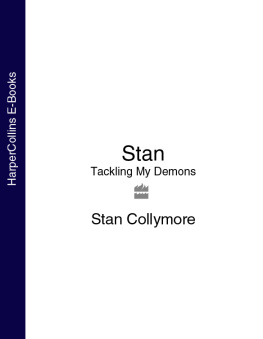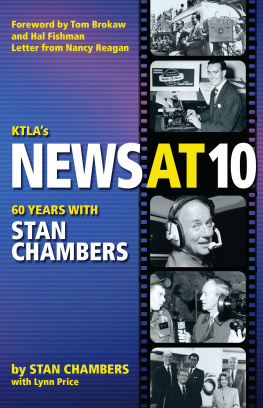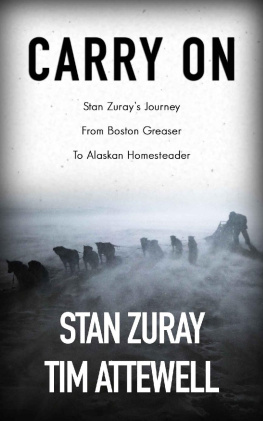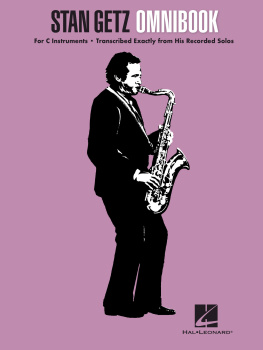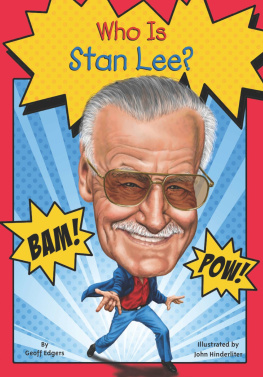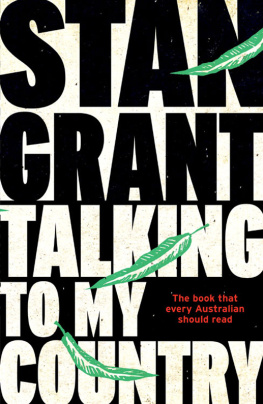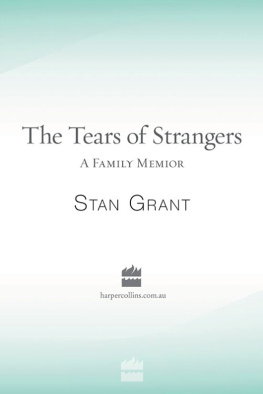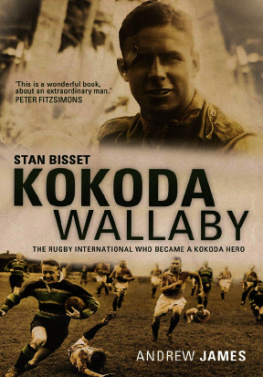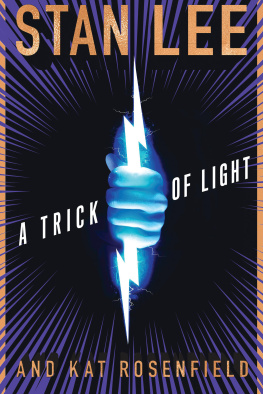To Mum, quite simply the best,
and to my babies Tom and Mia.
CONTENTS
I wish that my first memory was kicking my football for hours against the perfect wall of the swimming baths in Cannock, where my mum, Doreen, worked as a receptionist. I wish it was playing endless games of football on the patch of consecrated ground round the corner from our two-up, two-down. The cemeterys claimed that grass now. There are gravestones where we used to play.
I wish it was going for a drive with my mum in her light blue Beetle, the car I made her keep for years and years, right up until I was playing for Liverpool, long after it ceased to be roadworthy. I made sure it was left parked on the drive of the house on the upmarket suburban estate where I lived when I hit the big time with Nottingham Forest and Liverpool. I used to entertain a steady stream of girls at that house when I was at the height of my philandering, four or five a day, every day, every week. The front room of that house saw some action. One girl would leave and a few minutes later another one would arrive. I operated them on a rota system. One time, I came home and the Beetle was gone. My mum had given it away.
You know what, I even wish my first memory was being made to ride my bike naked around the green off to the side of our little house by one of the local lads. Id be five or six, I suppose. His dad was a miner at one of the local pits. They had come down from the northeast. I was the only black kid in Cannock and I used to get picked on. This boy liked to lock me in the coal-bunker at his house, too. Hed leave me there for hours while I shouted and begged and screamed.
Later, during the miners strike in the mid-1980s, he kept working. He was a scab. When all the pits in the South Staffordshire Coalfield closed and 30,000 jobs disappeared into the ground with them, most people in Cannock started up mini-cab companies. There were hundreds of taxis everywhere and no one to ride in them. The shops were all boarded up. The place was a ghost-town. He became a window-cleaner then. Once, he asked me to help him on his rounds. I did it for a few weeks.
But my first memory is of crying and pleading in our small red-brick house. It is of looking up and seeing my dad standing over my mum, gripping some sort of heavy brush in his hand and beating her with it. I remember trying to intervene, trying to stop him, and I remember being pushed away. I remember looking at her face and seeing blood and tears and I remember being very scared.
That was standard behaviour for my dad. He used to beat my mum up regularly. He would drag her up the stairs by her hair, into their bedroom, and subject her to prolonged attacks. Hours on end, sometimes. And my mum put up with it. She didnt think she had any choice because she had left her first husband for him. She had made her bed, she said, and now she had to lie in it. But her life with him was one long torment.
Even though Cannock is close in geographical terms to multicultural areas like Wolverhampton and Birmingham, it was, and still is, very ethnically pure. Maybe because it was a mining town, I dont know. Normally, the only black faces were the ones that were covered in coal dust. Ones like mine, mixed-race faces, werent tolerated very well. A neighbour of ours used to hang out of his upstairs window yelling you little black bastard at me every time I went out. Back in the late Sixties, a white woman leaving her white husband and white kids for a younger black man was about as shocking as anything could possibly be in a conservative working class community. We used to get all sorts of racist abuse from the neighbours. They put signs in our garden, saying Blackie Go Home. My mums own brother refused to speak to her for 25 years after she hooked up with my dad. Uncle Don got in touch when I became a famous footballer. Funnily enough, he wanted to manage my financial affairs. I gave that the swerve. The separation between him and my mum was never mended. He died a few years ago. She didnt go the funeral.
I think I blotted a lot of that out until recently, until I actually sat down with my mum and talked with her about it. She cried, and it made me feel angry all over again about the legacy of fears and insecurities my dad bequeathed me: the way I darent be alone; the way I have an almost psychopathic desire to be loved; the way I need constant reassurance from a string of women; the way I cant make any relationship stick.
My dad was an incorrigible womaniser, just as I have been. When my mum went into labour with me on 22 January 1971, he was on the phone in a call box down the road, chatting up a girlfriend. Mum went up to Stone hospital by herself, and when he eventually showed up he was so abusive to the staff that they threw him out. He went off and registered my name anyway, without consulting my mum. He named me after him: Stanley Victor Collymore.
He was from Barbados originally, somewhere near St Andrews and Bathsheba, on the Atlantic side, an educated man who at one time had hoped to become the first black announcer on the islands national radio station. He was in the RAF when he met my mum at a dance and charmed her off her feet. She left her first husband and three daughters and they flew to Barbados, but she missed the girls too much so they returned and made their lives in Cannock.
They were married in a church in Chadsmoor, on the outskirts of Cannock. Five people there, thats all, on Christmas Eve 1969. No fuss. Just a short ceremony. Somewhere close by, there was a Methodist college where Arthur Wharton, the first black footballer to play professional football in England, studied when he first arrived from Ghana. Ive tried to pin down where that Methodist college was several times, all without success.
I dont remember much about my dad. We finally freed ourselves of him when I was four. I went for a few visits up to his house in Rugeley after that. His idea of light entertainment was playing me educational tapes about sugar cane cultivation in Barbados. We would lie on the carpet in the front room of his house, just listening to someones dull voice and watching the tape whirl round on its spool.
Sometimes, when I was playing at my mums home my home in the side alley, Id suddenly be aware of a presence and Id look up and hed be there, staring at me. He always seemed very sinister and cold to me on the rare occasions he took me back to his house for a visit. He scared me rigid, and with good reason. I dont recall him laying a finger on me but my mum said he smacked me so hard when I was a six-week-old baby that she thought he had broken my hand. Mostly, though, all I remember is a cold, immaculately dressed man who brought terror into my life. Its achingly predictable, but a few years ago he started writing letters to my mum, asking her whether I could give him 25,000 for a deposit on a new house. No answer required.
So much of my life since then has been affected by what he did to us and by the fact that there was just my mum to bring me up. It is much, much more than the mere fact of not having had a male influence to guide me. It is the deep, deep fear I have always had of being left alone; the compulsion I have to make sure there is no dead time in my life, that every minute is filled, with either women or with football.
I often think of myself sitting alone in that red-brick house at night, perched on a chair by the front window and staring out towards the main road. My mum worked all the hours God sent at the swimming baths to try to make ends meet. Most nights, after the short walk back home up the hill, she would get back about 10 p.m. If she was just a few minutes late I would start to panic, really lose it. I was petrified that one day she wouldnt come back and I would have nobody.

